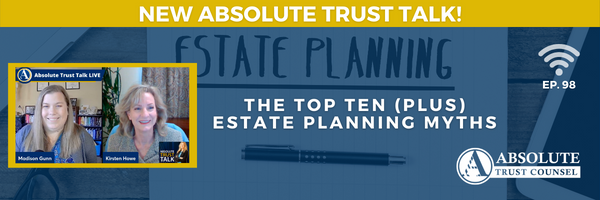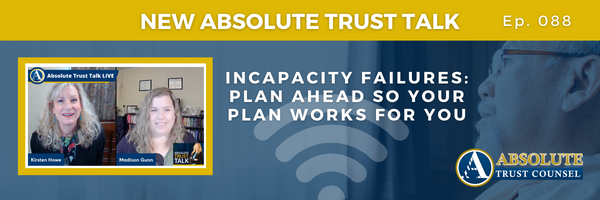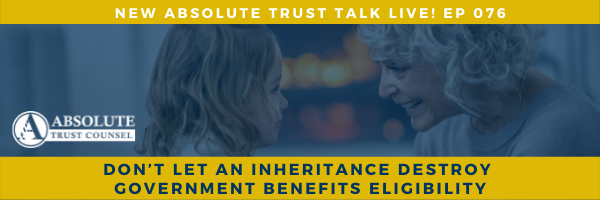Imagine this scenario: your cousin, David, dies without an estate plan here in California. He had no children or further descendants. He has no living siblings, parents, grandparents, or aunts or uncles, but he does have you, his first cousin on his dad’s side. His only first cousin that you are aware of. You petition the court to open a…










